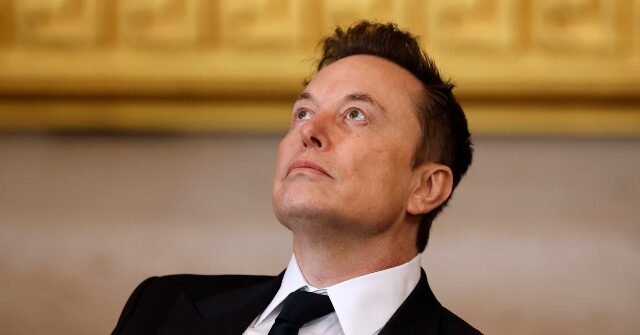During the federal trial about Tesla’s role in a fatal 2019 accident, the driver of the Tesla that hit two people, killing one, testified that Elon Musk’s Autopilot system did not prevent the crash or warn him of the impending collision.
The New York Times reports that George Brian McGee, the driver of a Tesla Model S involved in a fatal accident in 2019, took the witness stand in a federal court in Miami on Monday. He testified that Tesla’s Autopilot driver-assistance system failed to warn him of an impending accident or engage the brakes, leading to a crash that killed a 22-year-old woman and seriously injured her boyfriend.
The accident occurred on a dark, two-lane road in South Florida when McGee’s phone fell to the floor, causing him to bend down to retrieve it. As a result, he failed to notice that the road was ending in a T intersection, with a parked SUV on the other side and two people standing nearby. Neither McGee nor the Autopilot system applied the brakes, and the Tesla collided with the SUV at 62 miles per hour.
The civil case, filed by the family of the deceased woman, Naibel Benavides, and her companion, Dillon Angulo, seeks unspecified damages from Tesla. The plaintiffs argue that Autopilot has defects that prevented the car from braking or warning McGee of the collision and that the system’s design is flawed because it allows drivers to become distracted.
Judge Beth Bloom previously ruled that the plaintiffs could seek punitive damages against Tesla, stating that a reasonable jury could find the company acted in reckless disregard of human life for the sake of developing their product and maximizing profit. This case poses a significant risk to Tesla, as a loss could damage the company’s reputation and negatively impact sales and its stock price.
Tesla’s lawyers have argued that McGee is solely responsible for the crash, stating that he was rummaging for his phone and ran through the intersection, an event that could happen in any car at any time. Court documents and testimony have revealed that McGee had his foot on the accelerator pedal just before the accident, pushing the car’s speed to 62 mph, above the 45 mph limit that Autopilot would typically enforce on the road where the crash occurred.
The plaintiffs have presented videos from the car showing that the Autopilot system identified the parked vehicle, the end of the road, and Angulo but did not activate the brakes. Expert witnesses have also testified that the car was equipped with two other systems capable of slowing or stopping the vehicle, including automatic emergency braking and a system designed to stop the car if it determines the vehicle is about to leave the roadway.
Missy Cummings, a George Mason University professor and expert in autonomous driving systems, testified that Tesla’s Autopilot is defective because it allows operation in domains it was not designed for. She also criticized Tesla’s ineffective way of ensuring drivers pay attention to the road while using Autopilot, stating that the company’s driver monitoring system cannot prevent misuse and represents a crucial safety gap.
In 2023, Tesla issued a recall of all Autopilot-equipped vehicles to make its driver monitoring system safer. The ongoing federal trial will determine whether Tesla bears partial responsibility for the fatal crash and if the company’s Autopilot system has inherent defects that contributed to the accident.
Read more at the New York Times here.
Lucas Nolan is a reporter for Breitbart News covering issues of free speech and online censorship.
Read the full article here
